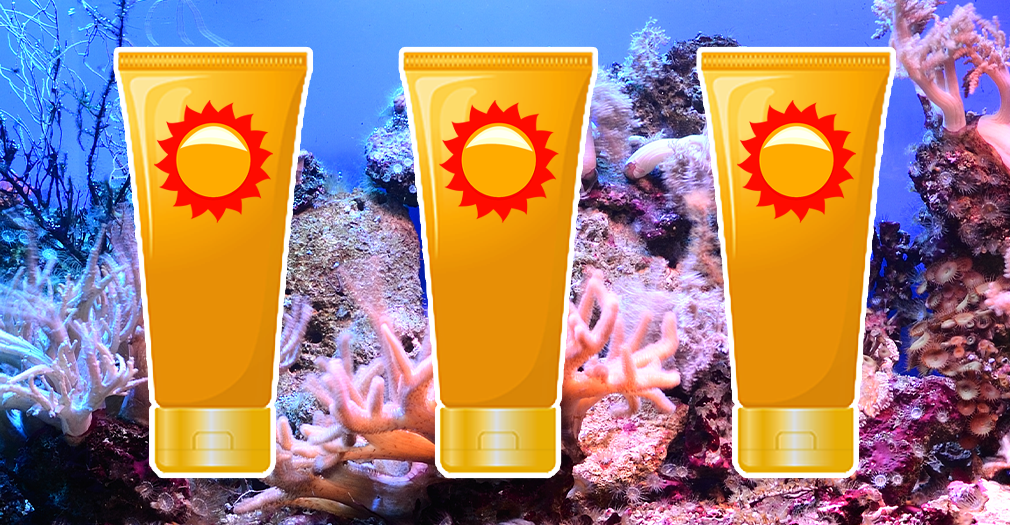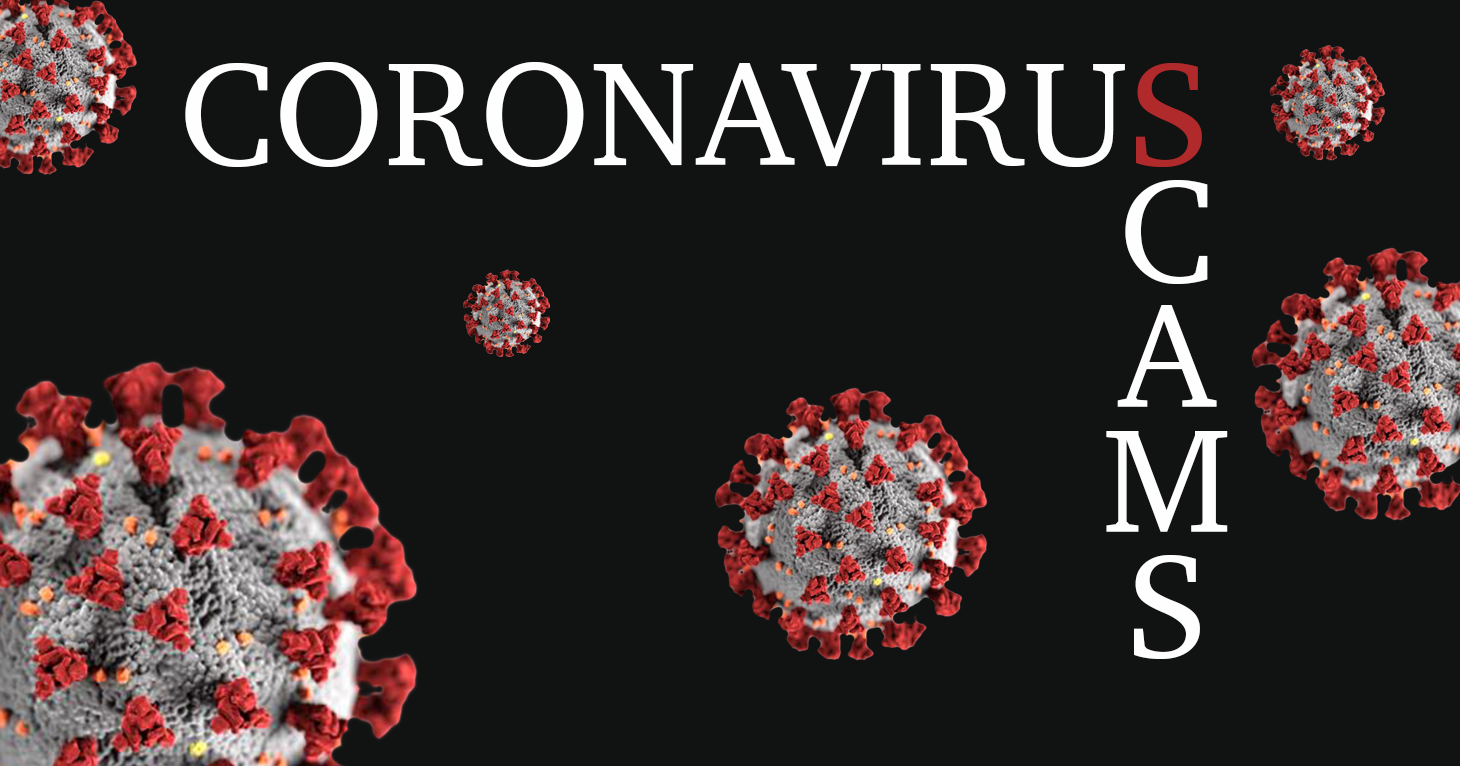
CATrends: ‘Reef Friendly’ or ‘Reef Conscious’ Sunscreens
Lawsuits allege products contain ingredients harmful to coral reefs and marine life.
The bottom line: Only FDA-approved drugs can be marketed to prevent disease.
This article highlights a trend in class-action litigation as identified by our Class-Action Tracker. Thus the name of this feature, CATrends.
A January 2020 FDA warning letter to the maker of Purell has opened the floodgates for class-action litigation against the company and competing hand sanitizer brands, even as the CDC continues to recommend using a hand sanitizer with at least 60 percent alcohol when washing with soap and water isn’t an option.
Two months before the World Health Organization declared the coronavirus a pandemic — when you could still buy hand sanitizer — the FDA sent Gojo Industries a warning letter citing a number of Only FDA-approved drugs can be marketed as having the ability to diagnose, cure, treat, prevent or mitigate a disease. appearing on Purell product websites and social media pages. These included marketing statements that the agency said at the time “clearly indicate” Purell hand sanitizers “are intended for reducing or preventing disease from the Ebola virus, norovirus, and influenza.”
“However,” the letter said, “FDA is currently not aware of any adequate and well-controlled studies demonstrating that killing or decreasing the number of bacteria or viruses on the skin by a certain magnitude produces a corresponding clinical reduction in infection or disease caused by such bacteria or virus.”
In the wake of the letter, six class-action lawsuits have been filed against Gojo, two against Vi-Jon, maker of Germ-X hand sanitizer, and one against Target for its marketing of Up & Up hand sanitizer. The lawsuits make no secret that they were sparked by the FDA warning letter to Gojo (and even challenges some of the same claims such as “kills 99.99% of germs”). For example, the Up & Up class-action complaint states:
Similar to the Purell hand sanitizer, Target’s hand sanitizer relies on 70% ethyl alcohol as the active ingredient in their hand-sanitizing products and Target itself compares its hand sanitizer to Purell’s. Therefore, the FDA’s warning letter, condemning Purell’s misrepresentations that its hand sanitizer is intended for reducing or preventing the flu and other viruses, applies equally to Target’s hand sanitizer. In fact, the FDA explicitly expanded its warning beyond Purell, stating that “we are not aware of a similar OTC product as formulated and labeled” that is supported by evidence that it prevents infection from the flu or other viruses.
While the FDA did not mention the coronavirus in its warning letter, several of the lawsuits refer to coronavirus claims. For example, one of the Germ-X complaints points to a product listing on Walmart.com that recommended that the hand sanitizer be used for “Coronavirus/Flu Prevention.” (Clicking on the link to the listing in the lawsuit now brings up an error page. Of note, on March 18, after the two lawsuits against it were filed, Vi-Jon posted a blog on its website stressing the importance of hand-washing as “a known defense against spreading germs.”) In addition, one of the first Purell complaints cites reports that Gojo promoted its product “as a viable means of preventing transmission of Coronavirus.” There are currently no FDA-approved vaccines or drugs to prevent or treat the coronavirus.
In a statement provided to TINA.org, Carey Jaros, the president and CEO of Gojo, called the class-action lawsuits against the company “without merit” and said Gojo will “vigorously defend” itself against the allegations. In response to the FDA warning letter, Gojo “took immediate action” and updated “relevant website and other digital content as directed by the FDA,” according to a previous statement.
Vi-Jon and Target did not respond to requests for comment.
Find more of our coverage on the coronavirus here.
Lawsuits allege products contain ingredients harmful to coral reefs and marine life.
It’s the perfect formula for a class-action lawsuit trend.
A master list of known and alleged scams.


